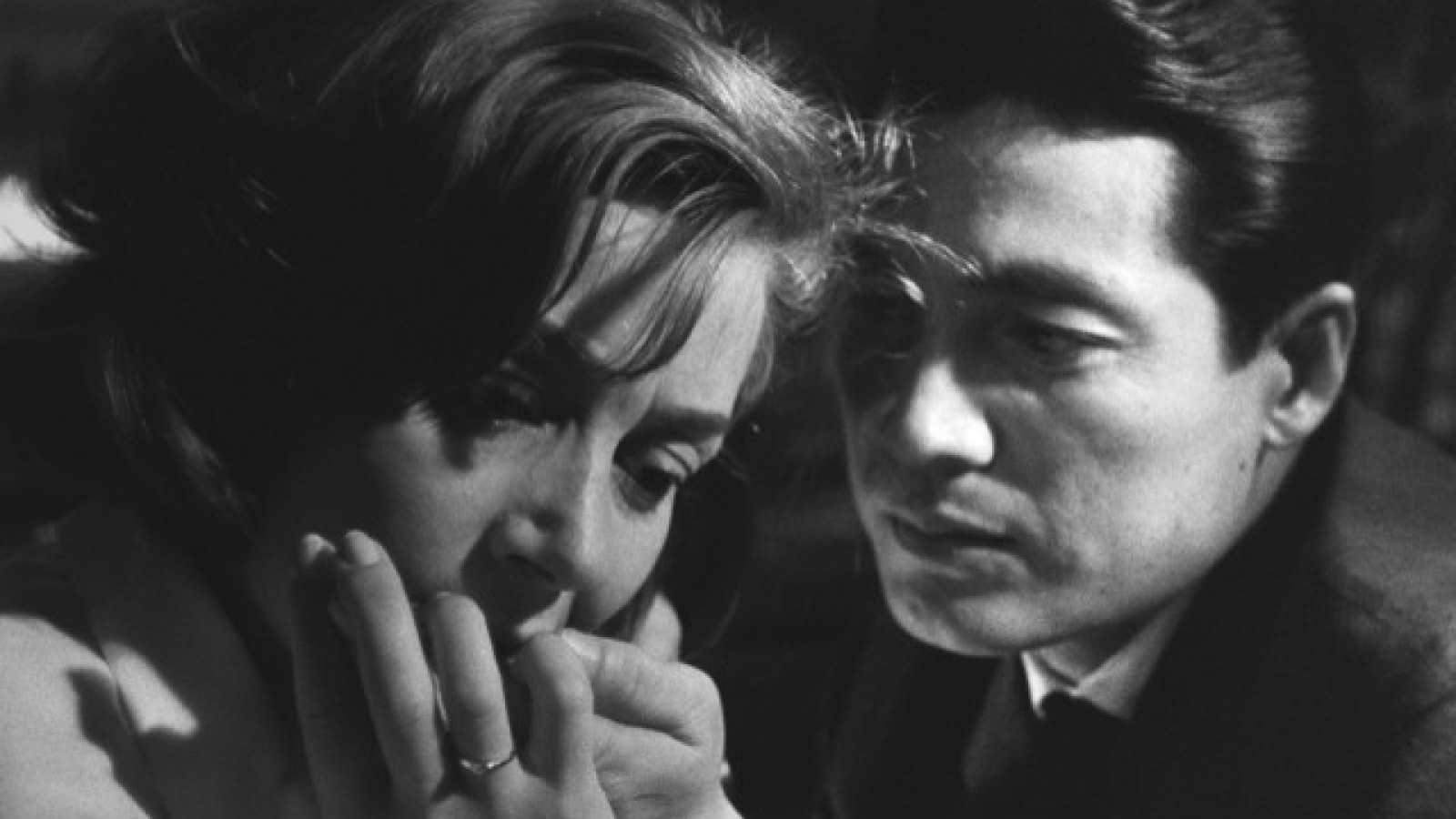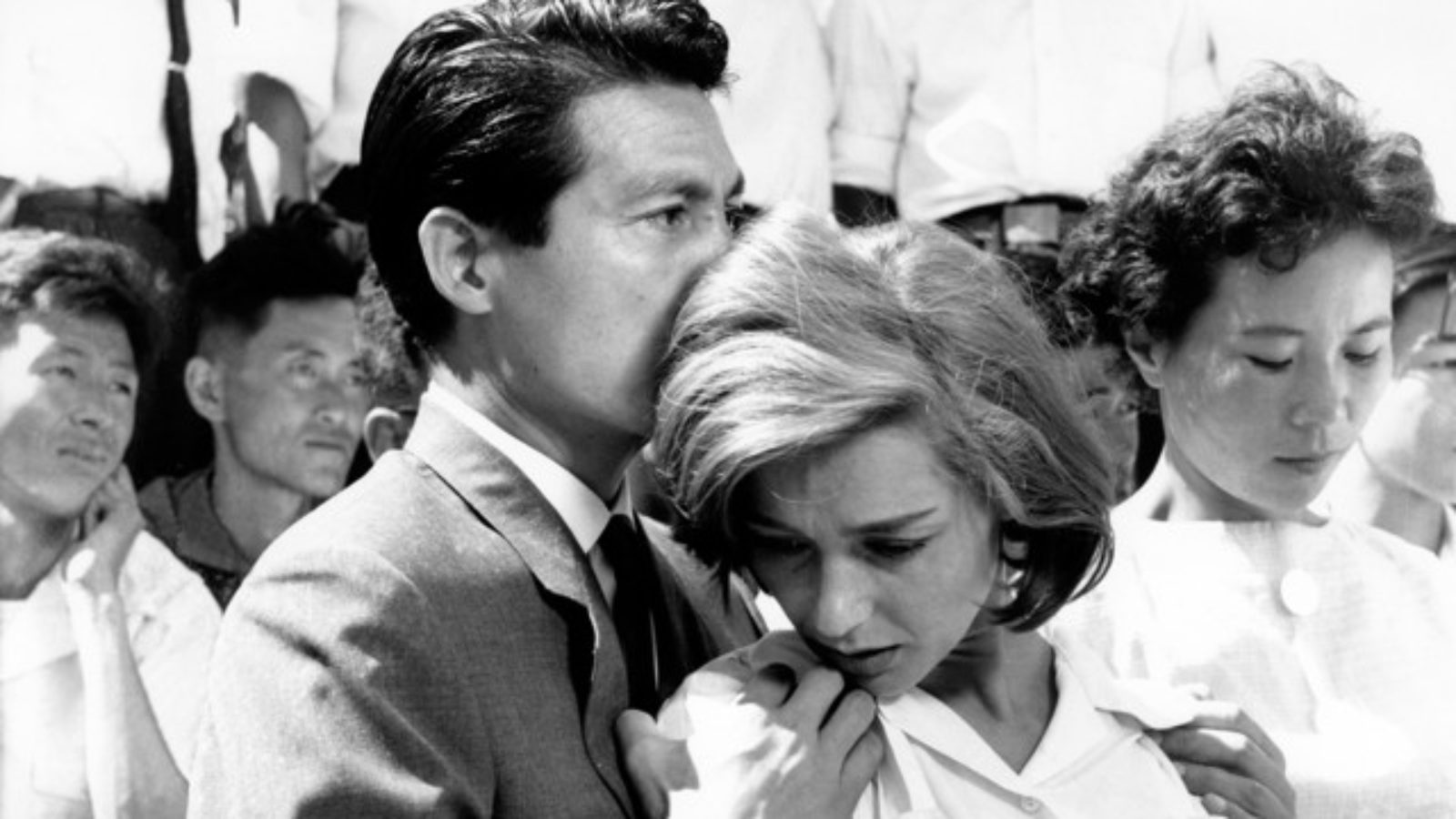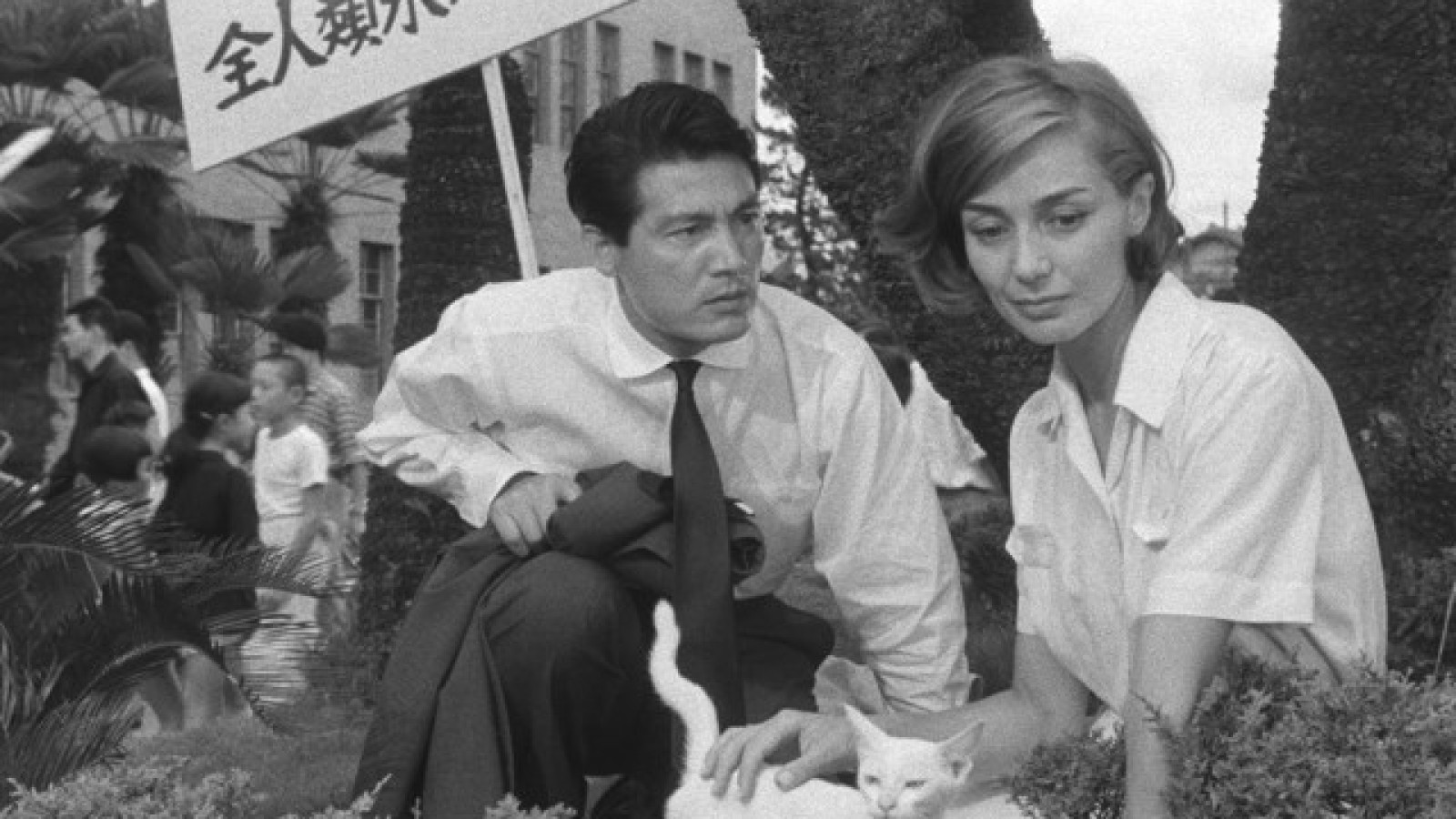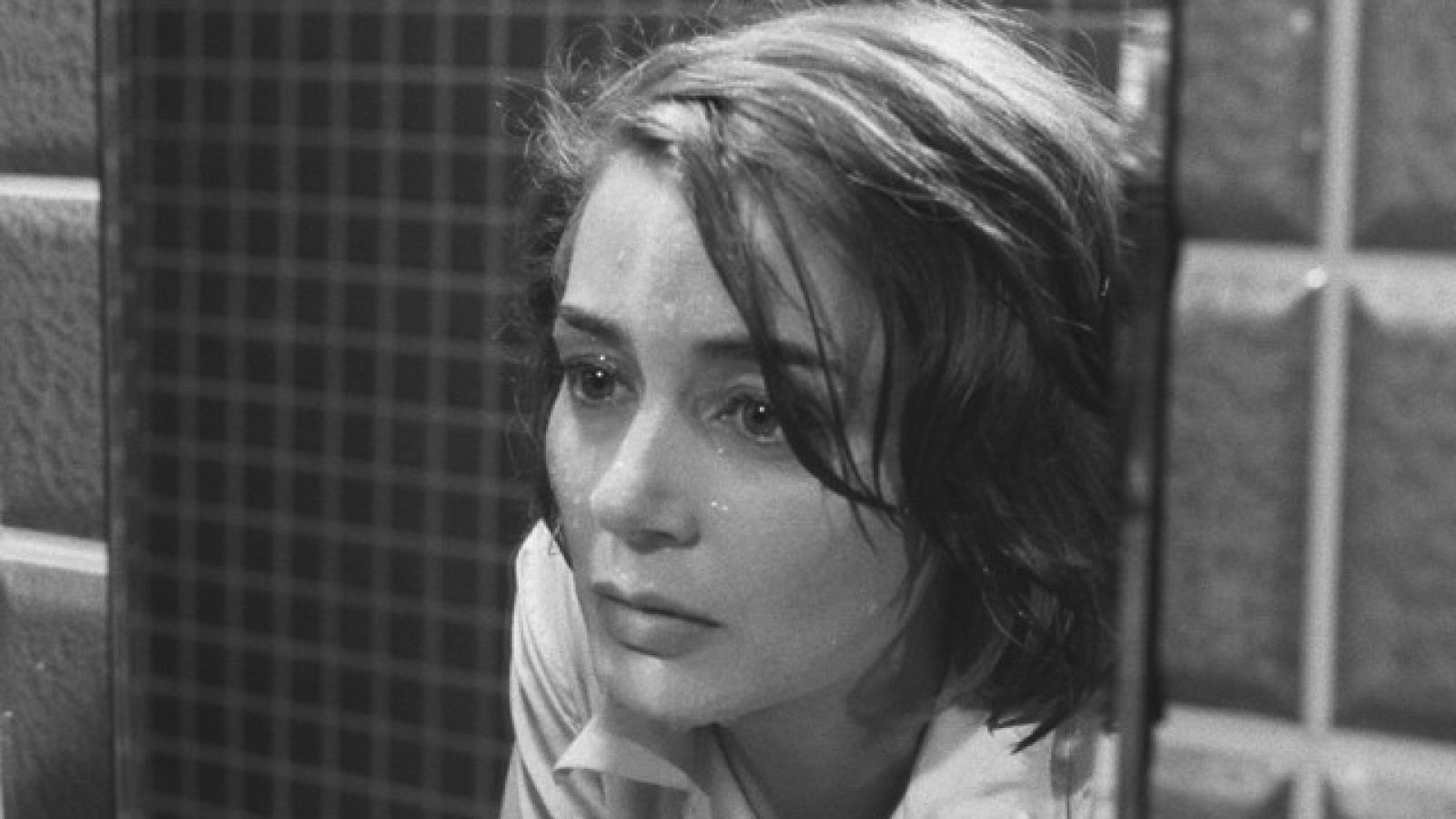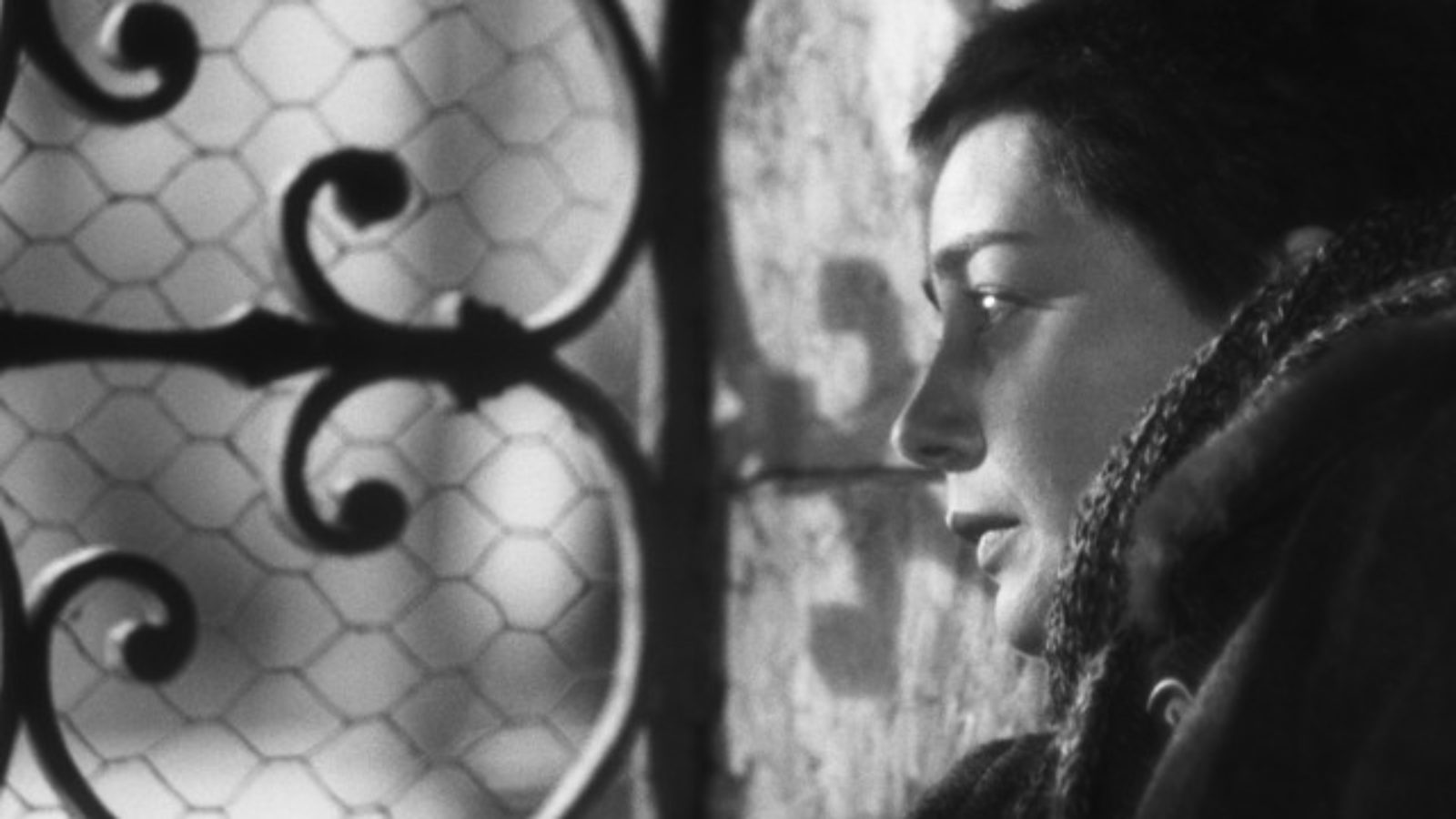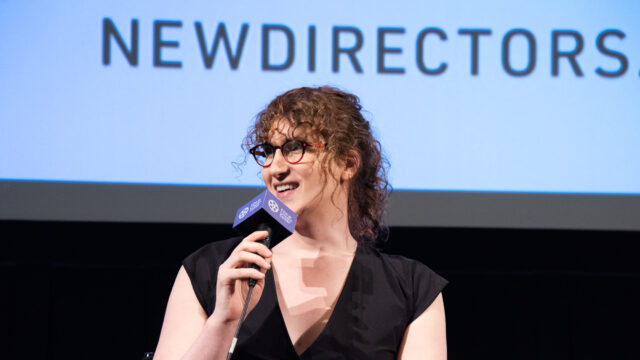Hiroshima mon amour
This modernist masterwork began as a documentary commission from Japan’s Daiei Studios, secured for Alain Resnais by producer Anatole Dauman. Resnais decided that the bombing of Hiroshima and its impact needed a fictional narrative, brought writer Marguerite Duras onto the project, and worked with her to create a story—of a French actress (Emmanuelle Riva) who goes to Hiroshima to make a film and has an affair with a Japanese architect (Eiji Okada)—that would unfold “in two tenses… the present and the past coexist.” Few films have had such a lasting, wide-ranging impact. Hiroshima mon amour is a devastating experience on every level: visually, sonically, emotionally, intellectually. Restoration by Argos Films, Fondation Groupama Gan, Fondation Technicolor, and Cineteca Bologna, with support from the CNC. A Rialto Pictures release.
Hiroshima, mon amour is in many ways our Citizen Kane: between Duras and Resnais the film seems to express all the possibilities of cinema magically encapsulated in just 92 minutes—at once a radical formal experiment, a philosophical dissertation on memory and trauma, and an endlessly moving love story. The themes of memory and time expressed with this level of formal sophistication are in many ways still unmatched in film history… It was the eye catching formal elements that first impressed us, but revisiting it during the years it is the psychologically complex love story that has made the most lasting impression.—Joachim Trier and Eskil Vogt

